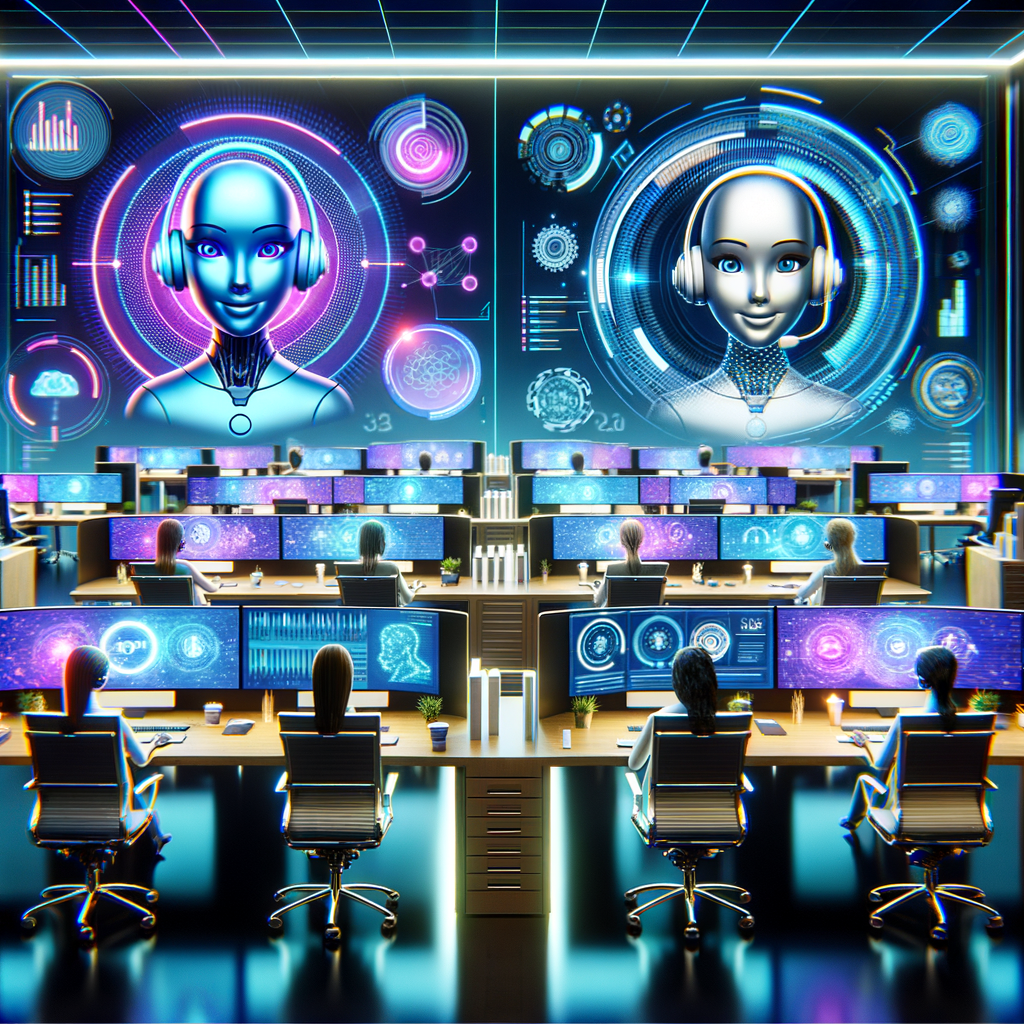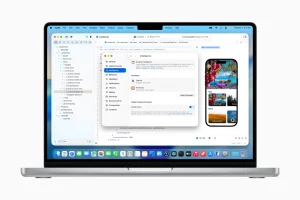Revolutionizing Customer Support: 24/7 Helpdesk Services with AI Chatbots

In a recent Tech News update from USA Today, a groundbreaking development in artificial intelligence has emerged that could revolutionize the way we think about AI’s role in our daily lives and industries.
The news centers around OpenAI’s latest model, GPT-4, which brings unprecedented advancements in natural language understanding and generation. The new model, hailed as a major breakthrough, promises to significantly enhance the performance of AI in tasks that require nuanced understanding and context awareness, from customer service chatbots to more complex analytical tasks in healthcare and finance.
What makes GPT-4 stand out is its ability to engage in more sophisticated and human-like conversations. Unlike its predecessors, GPT-4 can better understand the subtleties of human language, including idiomatic expressions, sarcasm, and contextually relevant responses. This means that AI can finally start to understand and replicate the intricacies of human communication in a way that feels seamless and natural.
Moreover, GPT-4’s capabilities are not just limited to text. The model integrates multimodal inputs, allowing it to process and generate not only textual information but also visual and auditory data. This opens up a whole new realm of possibilities. Imagine customer support agents who can also see and hear, not just read, enhancing the overall user experience dramatically.
But what does this mean for the broader AI industry?
For one, the implications for customer service are enormous. AI chatbots employing GPT-4 will not just answer questions; they will truly understand customer concerns and provide empathetic, contextually accurate responses. This level of sophistication in support could spell the end of frustrating automated customer service experiences, leading to higher customer satisfaction and loyalty.
In the healthcare sector, the advanced language processing capabilities of GPT-4 could aid in diagnosing patient issues more effectively by analyzing not just medical records but also patient interactions. Imagine an AI that can comprehend a patient’s concerns with the depth of a seasoned healthcare professional, thereby alleviating some of the workloads of doctors and reducing the margin for human error.
The financial industry, too, stands to gain. AI that can understand and generate comprehensive reports, perform in-depth analysis, and provide insightful recommendations is a game-changer. GPT-4 can sift through vast datasets to identify trends and anomalies, providing financial analysts with tools that can enhance decision-making processes and investment strategies.
However, with these advancements come concerns. The debate around the ethical use of AI and data privacy issues will only intensify. Ensuring that AI systems like GPT-4 are used responsibly and transparently will be crucial. Moreover, as AI takes on more complex roles, the question of job displacement looms large. Industries will need to navigate the fine line between leveraging AI for efficiency and ensuring that human jobs are not unduly compromised.
Yet, despite these challenges, there’s undeniable excitement in the air. The advancements brought forth by GPT-4 are set to elevate artificial intelligence from a tool of convenience to a partner in innovation, capable of transforming how we interact, work, and even think.
As we integrate these powerful AI models into various sectors, the key will be to harness their potential while addressing ethical considerations head-on. The possibilities are endless, and the future of AI looks extraordinarily promising, driven by innovations like GPT-4 that are pushing the boundaries of what’s possible.
This news is a reminder that we are standing on the brink of an AI revolution that is poised to impact every facet of our lives. Buckle up, because the AI adventure is just getting started.







